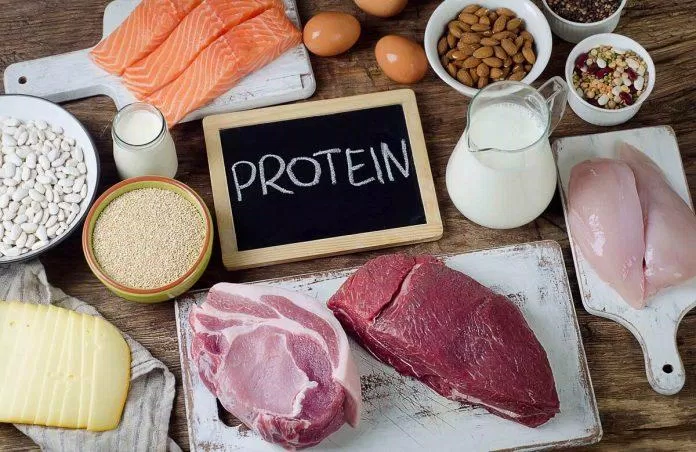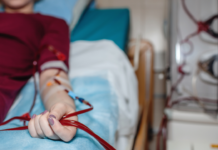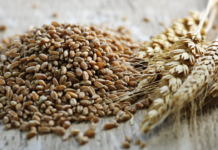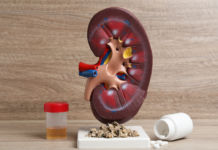*These statements have not been evaluated by the US Food and Drug Administration. This information is not intended to diagnose, treat, cure, or prevent any disease. Always consult with a qualified healthcare professional prior to beginning any diet or exercise program or taking any dietary supplement. The content on our website is for informational and educational purposes only.
Sponsored by: Renadyl
Patients with chronic kidney disease often hear the words from their dietician either decrease or increase your protein intake. Depending on what stage of chronic kidney disease they have. What exactly is protein, and why is it important for people with chronic kidney disease?
What is Protein?
Protein is in many foods that you eat. Protein can be found in foods from animals and from plants. Most diets include both types of protein. Protein provides the building blocks that help maintain and repair muscles, organs, and other parts of the body.
Animal-Protein Foods
- Meat, such as pork, beef, chicken, turkey, duck
- Eggs
- Dairy products, such as milk, yogurt, cheese
- Fish
Plant-Protein Foods
High Protein
- Beans, peas, lentils
- Soy foods, such as soy milk, tofu
- Nuts and nut spreads, such as almond butter, peanut butter, soy nut butter
- Sunflower seeds
Low Protein
- Bread, tortillas
- Oatmeal, grits, cereals
- Pasta, noodles, rice
- Rice milk (not enriched)
Why is Protein Important for People with Chronic Kidney Disease?
When your body uses protein, it produces waste. This waste is removed by the kidneys. Too much protein can make the kidneys work harder, so people with chronic kidney disease may need to eat less protein. Animal protein includes all the building blocks that your body needs. Plant proteins need to be combined to get all of the building blocks that your body needs.
How Do I Eat the Right Amount of Protein?
Your dietitian will tell you what amount and types of protein are right for you. Below are some general information about protein types and serving sizes:
- Eat smaller portions of meat and dairy. This will also help you lower the amount of phosphorus in your diet because phosphorus is found in meat and dairy foods
- Meat, poultry, and fish: A cooked portion should be about 2 to 3 ounces or about the size of a deck of cards.
- Dairy foods: A portion is ½ cup of milk or yogurt, or one slice of cheese.
Plant proteins should make up the rest of the protein that you eat. A serving is:
½ cup of cooked beans
¼ cup of nuts
A slice of bread
½ cup of cooked rice or noodles
What if you’re a Vegetarian?
There are many good sources of protein for people who do not eat meat or dairy foods. Talk to your dietitian about how to combine plant proteins to be sure you are getting all the building blocks your body needs.
About the author
Steven Belcher, RN, MSN, MS, is a dedicated kidney advocate who began his journey 20 years ago as a dialysis nurse. This job inspired him to help as many people with kidney disease as he could. Not only did he spend two decades caring for a patient’s physical and emotional needs in a clinical setting, but he also educated the public on the risk factors of kidney disease. Some of his many philanthropic successes include being a keynote speaker at the National Association of Nephrology Technicians/ Technologists (NANT), presenting at community spaces, and launching radio shows.
He now focuses his time entirely on his organization Urban Kidney Alliance, which educates the public about kidney disease. His goal? To lower rates of Chronic Kidney Disease in urban communities in Baltimore, Maryland, across the country, and globally through education and collaboration.
Steve has also written the book “HOW TO SURVIVE OUTPATIENT HEMODIALYSIS: A GUIDE FOR PATIENTS WITH KIDNEY FAILURE.” You can read the book review here.
Learn more about our sponsor Renadyl here https://bit.ly/3sZDWbb




